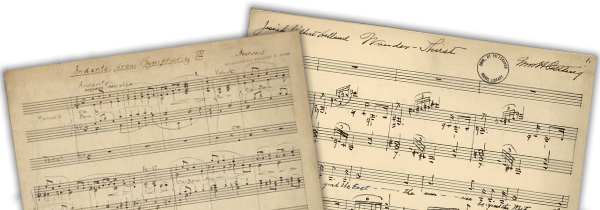Firth, Pond & Co. entered “Maggie by My Side” for copyright on October 14, 1852, depositing a title page on that day as well. An arrangement of “Maggie by My Side” with guitar accompaniment was entered and deposited for copyright on September 20, 1854, by Firth, Pond & Co.
According to Evelyn Foster Mornweck’s The Chronicles of Stephen Foster’s Family, “After his return from the South in March, 1852, Stephen published that year ‘Massa’s in de Cold Ground,’ ‘The Hour for Thee and Me,’ ‘I Cannot Sing Tonight,’ and ‘Maggie by My Side.’”
